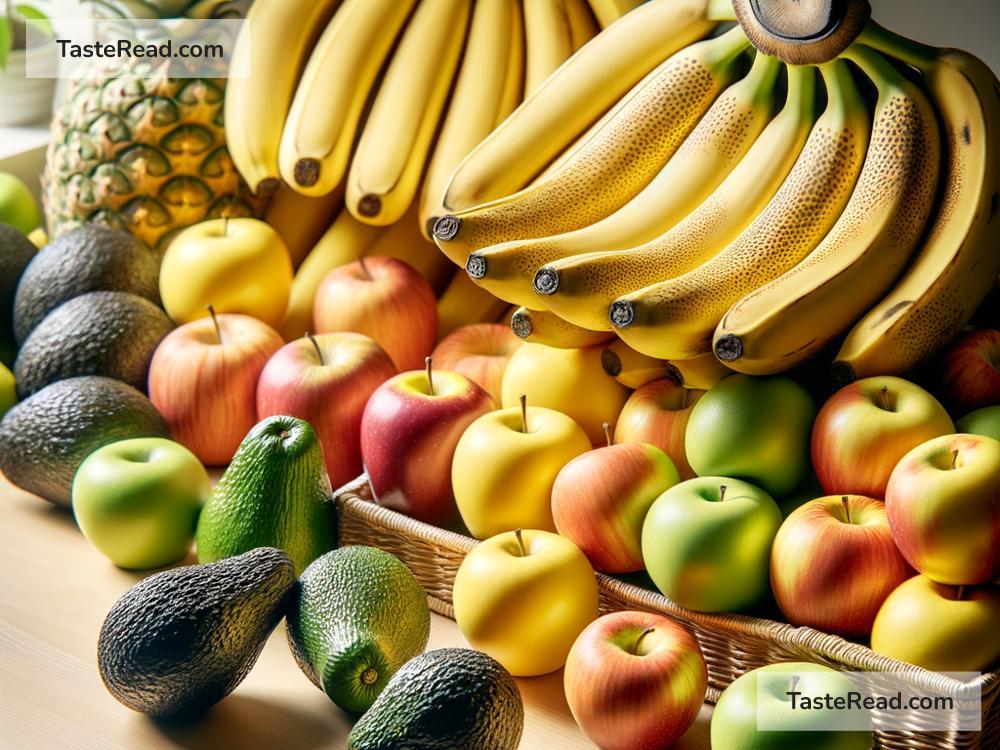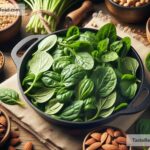The Role of Ethylene Gas in Fruit Flavor Development
Have you ever wondered why fruits like bananas, apples, and mangoes taste so much better when they are ripe? It’s all thanks to a special invisible helper called ethylene gas. Ethylene plays a key role in turning hard, tasteless fruits into sweet, juicy treats. In this article, we’ll explore what ethylene is, how it affects fruit flavor, and why it’s so important to the fruits we love.
What is Ethylene Gas?
Ethylene is a natural gas that plants produce. It belongs to a group of chemicals called hormones, which help regulate different processes in plants. Ethylene is special because it acts as a signal to tell fruits to ripen.
Even though ethylene is a gas, it’s not harmful. In fact, it’s an essential part of the life cycle of plants. Scientists first discovered its role in ripening more than a century ago, and today it’s used in agriculture to control how fruits ripen.
How Does Ethylene Work?
Ethylene gas is a bit like an “on switch” for ripening. As fruits grow and reach a certain stage, they start to produce more ethylene. Once enough ethylene builds up, it triggers a series of chemical changes inside the fruit. These changes affect how the fruit looks, smells, and tastes.
Here’s what happens during this ripening process:
-
Color Change
Many fruits change color as they ripen. For example, bananas turn from green to yellow, and apples become bright red. Ethylene signals the fruit to start breaking down chlorophyll, which gives it a green color. At the same time, pigments such as carotenoids (yellow and orange) or anthocyanins (red and purple) become more visible. These color changes make the fruit look more appealing. -
Softening of Texture
Unripe fruits are usually hard, which makes them less enjoyable to eat. Ethylene tells the fruit to produce enzymes that break down pectin, a substance responsible for firmness in fruits. As pectin breaks down, fruits become softer and easier to chew. -
Sweetening the Taste
One of the biggest changes caused by ethylene is in the fruit’s sweetness. Unripe fruits are often starchy and bland because their sugars are still locked inside starch molecules. Ethylene triggers enzymes that break down this starch into simple sugars like glucose and fructose, which are much sweeter. This is why ripe fruits taste sweeter than unripe ones. -
Developing Aroma and Flavor
Along with sweetness, ripe fruits develop richer and more complex flavors thanks to ethylene. It stimulates the production of different compounds, such as esters, alcohols, and acids, which give fruits their unique smells and tastes. For example, the sweet fragrance of a ripe mango or the tangy scent of a ripe pineapple comes from these compounds.
Ethylene and Fruit Flavor Development
The flavor of a fruit is a mix of taste, smell, and texture, and ethylene plays a key role in all three. When fruits ripen, their sugars and acids are balanced in just the right way to create the perfect taste. At the same time, their aromatic compounds create the fruity smell we associate with ripeness, and their softer texture makes them more enjoyable to eat.
Without ethylene, fruits would stay hard, flavorless, and unappealing. That’s why ethylene is often called the “ripening hormone.” It ensures that fruits reach their peak flavor and are ready to eat.
How Farmers and Grocery Stores Use Ethylene
Ethylene isn’t just important for nature—it’s also useful for humans. Farmers and grocery stores use ethylene to control the ripening process, especially for fruits that are harvested before they’re fully ripe.
Many fruits, like bananas and avocados, are picked green and firm so they can survive transportation without getting damaged. Once they arrive at their destination, they are exposed to ethylene gas in special rooms called “ripening chambers.” This causes them to ripen quickly and evenly so they’re ready for sale.
This method helps ensure that fruits arrive at grocery stores in perfect condition and taste great when you buy them.
Ethylene and Your Home
Ethylene gas can also affect how fruits ripen at home. Did you know that placing an unripe fruit next to a ripe one can speed up ripening? This happens because the ripe fruit releases ethylene, which signals the unripe fruit to ripen faster.
For example, if you want a hard avocado to ripen quickly, you can place it next to a ripe banana inside a paper bag. The ethylene from the banana will accelerate the avocado’s ripening.
Conclusion
Ethylene gas is a tiny but powerful part of fruit flavor development. It helps fruits become sweeter, softer, and more delicious by triggering chemical changes during the ripening process. Farmers use ethylene to make sure fruits ripen properly, and you can even use it at home to ripen fruits faster.
Next time you bite into a juicy peach or a sweet banana, take a moment to appreciate the amazing work of ethylene gas. It’s nature’s way of making fruits taste their best!


